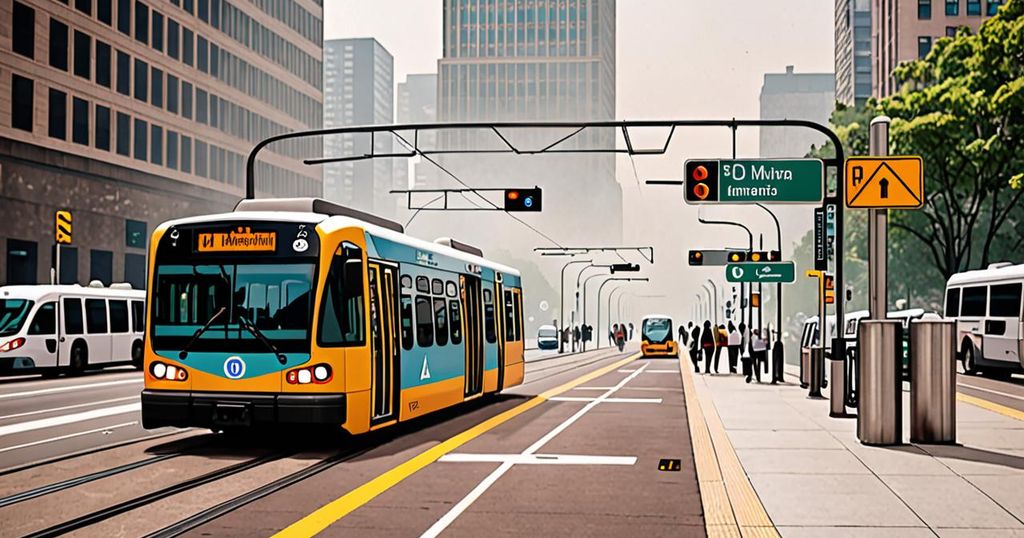In today’s contemporary society, the issue of air pollution has emerged as a pressing concern, particularly in densely populated cities such as Jakarta. One viable solution to address this issue is through the promotion of public transportation. The recent inauguration of the Jabodebek light rail transit (LRT) service on Monday (28/8/2023) represents a significant advancement in this direction. The LRT not only offers a convenient mode of transportation but also aims to mitigate the escalating air pollution levels in Jakarta and its environs.
The recent surge in air pollution levels has prompted President Joko Widodo to convene meetings to discuss the matter. Short-term measures such as the application of salt and hydrated lime to induce rainfall have proven effective in temporarily reducing air pollution levels. However, for lasting and sustainable results, it is imperative to explore other initiatives, such as promoting the use of public transportation in lieu of private vehicles.
An authoritative joint study conducted by DKI Jakarta’s Department of Environment and Vital Strategies in 2020 revealed that the transportation sector represents the largest contributor to air pollutant emissions in Jakarta. Motorbikes and diesel cars/trucks are the primary sources of these emissions, with carbon monoxide, hydrocarbons, and particulate matter serving as the main pollutants. This underscores the urgent need to “green” the transportation sector by decreasing reliance on fossil fuels and advocating for the use of more eco-friendly modes of transportation.
The implementation of public transportation systems, like the Jabodebek LRT, presents an opportunity to significantly diminish air pollution. Research has demonstrated that emissions from public transportation are significantly lower compared to those from private vehicles. For instance, the LRT has the potential to reduce tons of carbon monoxide emissions per year, thereby representing a promising solution in the battle against air pollution.
The presence of the Jabodebek LRT underscores the government’s commitment to prioritizing public transportation in urban development. While there may be challenges on the horizon, the LRT symbolizes a positive stride toward enhancing public transportation services and integrating intermodal services. If the community embraces and endorses the use of public transportation, it can result in a tangible reduction in air pollution levels in major cities like Jakarta.
In conclusion, the advancement of public transportation as an alternative to private vehicles is a pivotal step in addressing air pollution. The assimilation of environmentally friendly and efficient modes of public transportation, such as the Jabodebek LRT, holds great potential in substantially lowering air pollution levels and cultivating a cleaner, healthier environment for urban residents. One can only hope that more cities globally adopt similar initiatives to combat air pollution and enhance the quality of life for their inhabitants.

Leave a Reply